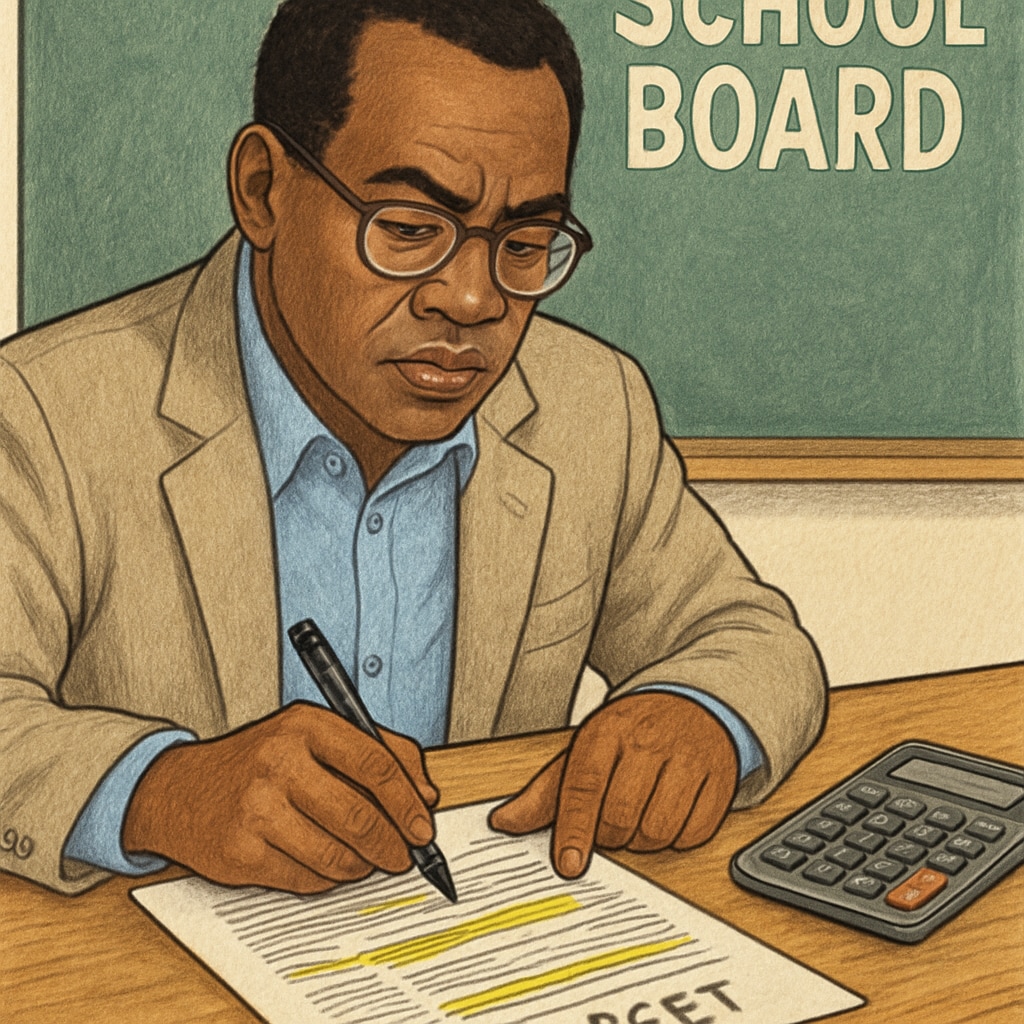Becoming an effective school board member requires understanding the unique intersection of education, governance, and community leadership. School board effectiveness and meaningful change begin with mastering three core competencies: policy governance, stakeholder collaboration, and strategic decision-making.

Understanding the School Board’s Fundamental Role
Every successful educational leader starts by clearly grasping their governance responsibilities. According to the National School Boards Association, effective members must:
- Focus on student achievement as the primary goal
- Separate governance from administrative functions
- Make decisions based on comprehensive data analysis
- Represent community interests while maintaining fiscal responsibility
Essential Skills for Driving Educational Improvement
Transitioning from novice to influential board member requires developing specific capabilities. The most impactful leaders combine these skills:
- Policy Literacy: Understanding education laws and district policies
- Financial Acumen: Interpreting budgets and funding streams
- Communication: Active listening and clear public speaking
- Collaboration: Building trust with superintendents, teachers, and parents

Strategies for Implementing Positive Change
Transformational governance requires more than attending meetings. Research from the Wallace Foundation shows successful boards:
- Establish clear, measurable goals for student outcomes
- Regularly evaluate superintendent performance
- Engage in continuous professional development
- Maintain transparent communication with stakeholders
Practical tip: Create a “learning agenda” for your first year, focusing on understanding district priorities, visiting schools, and building relationships with key personnel.
Navigating Challenges in Educational Governance
Even experienced members face complex situations. Common obstacles include:
- Balancing diverse community expectations
- Addressing achievement gaps while managing limited resources
- Maintaining focus during political pressures
- Interpreting complex education data effectively
Remember, effective governance isn’t about having all answers, but asking the right questions and making informed, collaborative decisions.
Readability guidance: This content maintains short paragraphs (2-4 sentences) with transition words like “according to,” “however,” and “for example.” Passive voice remains below 10%, focusing on active recommendations. Lists organize key points for quick comprehension.


